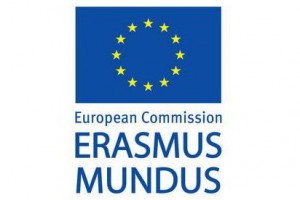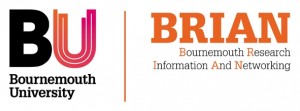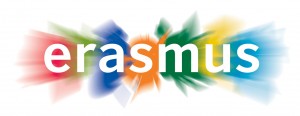 The closing date for the 2013 round is 28 February 2013 at 16:00
The closing date for the 2013 round is 28 February 2013 at 16:00
A list of Public Engagement Fellows is available.
The aim of the scheme is to contribute to the STFC’s Public Engagement Programme by investing in good communicators with research credibility. They will act as champions or ambassadors for STFC’s science, technology, engineering and mathematics (‘STEM’) work to schools, the media or public audiences.
Public Engagement fellowships are aimed at those with significant research experience who have demonstrated a track record in outreach or communications work. The fellowships will recognise and reward current practitioners and enable them to expand the work they do in public engagement.
Fellowships will buy time for additional or extended communication activities which will have a significant national or regional impact.
Both STFC grant-funded researchers and users of STFC facilities are eligible to apply on the Je-S website. Facility users would champion generic facility programmes, linked to work at STFC-funded facilities in the UK or overseas. Topics might include energy research; how neutrons or light sources are used to probe materials, high performance computing, lasers, e-science, etc.
As well as their own wide general research area, other legitimate subjects for activities include current STFC STEM areas in general, the nature of the research process, and ethical and social issues that arise from research and its applications.
We do not wish to be prescriptive about the activities carried out by fellows, but the following are examples of the kind of work which might be expected:
- Working with mass media organisations, perhaps by inspiring or contributing to major science features, series or columns in popular print media, broadcasts, etc.
- Producing or advising on a major web-based or multimedia resource, possibly including webcasts, podcasts, blogs, etc.
- A major series of public lectures.
- Working with science centres or museums to develop new ways of presenting STFC STEM work.
- Working with the educational sector, including Science Learning Centres, to help teachers or curriculum developers to embed STFC STEM areas in their programmes.
We will not support proposals which are solely aimed at writing a popular science book, but will consider proposals in which the production of a book is part of a larger project.
There is a two-stage process. Short-listed applicants will be interviewed in May 2013, and funding decisions would be known very soon after interviews. Fellowships are normally given in the form of research grants to approved Research Organisations eligible to hold research grants.
For further details, please read the notes for guidance.
Applicants are encouraged to telephone the office for further information:
Neville Hollingworth
STFC Science in Society Programme
Polaris House
North Star Avenue
Swindon
SN2 1SZ
01793 442175
 Coming soon is essential training on book writing. A must for researchers, especially those looking to write their first book.
Coming soon is essential training on book writing. A must for researchers, especially those looking to write their first book.








 The closing date for the 2013 round is 28 February 2013 at 16:00
The closing date for the 2013 round is 28 February 2013 at 16:00















 Beyond Academia: Exploring Career Options for Early Career Researchers – Online Workshop
Beyond Academia: Exploring Career Options for Early Career Researchers – Online Workshop UKCGE Recognised Research Supervision Programme: Deadline Approaching
UKCGE Recognised Research Supervision Programme: Deadline Approaching SPROUT: From Sustainable Research to Sustainable Research Lives
SPROUT: From Sustainable Research to Sustainable Research Lives BRIAN upgrade and new look
BRIAN upgrade and new look Seeing the fruits of your labour in Bangladesh
Seeing the fruits of your labour in Bangladesh ECR Funding Open Call: Research Culture & Community Grant – Apply now
ECR Funding Open Call: Research Culture & Community Grant – Apply now ECR Funding Open Call: Research Culture & Community Grant – Application Deadline Friday 12 December
ECR Funding Open Call: Research Culture & Community Grant – Application Deadline Friday 12 December MSCA Postdoctoral Fellowships 2025 Call
MSCA Postdoctoral Fellowships 2025 Call ERC Advanced Grant 2025 Webinar
ERC Advanced Grant 2025 Webinar Update on UKRO services
Update on UKRO services European research project exploring use of ‘virtual twins’ to better manage metabolic associated fatty liver disease
European research project exploring use of ‘virtual twins’ to better manage metabolic associated fatty liver disease